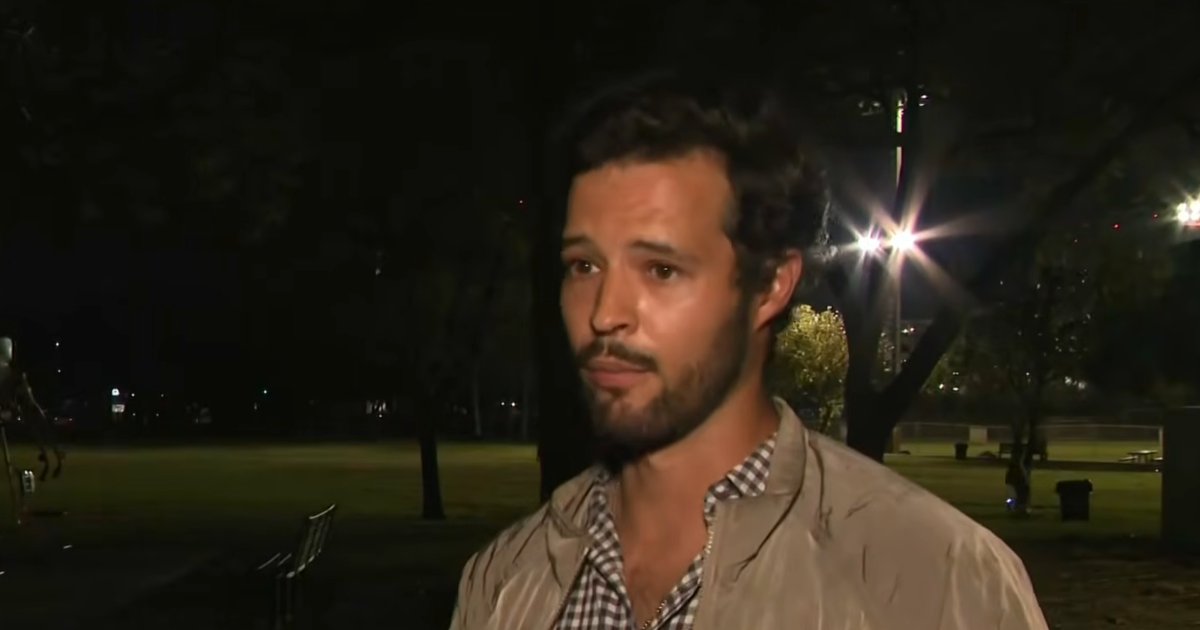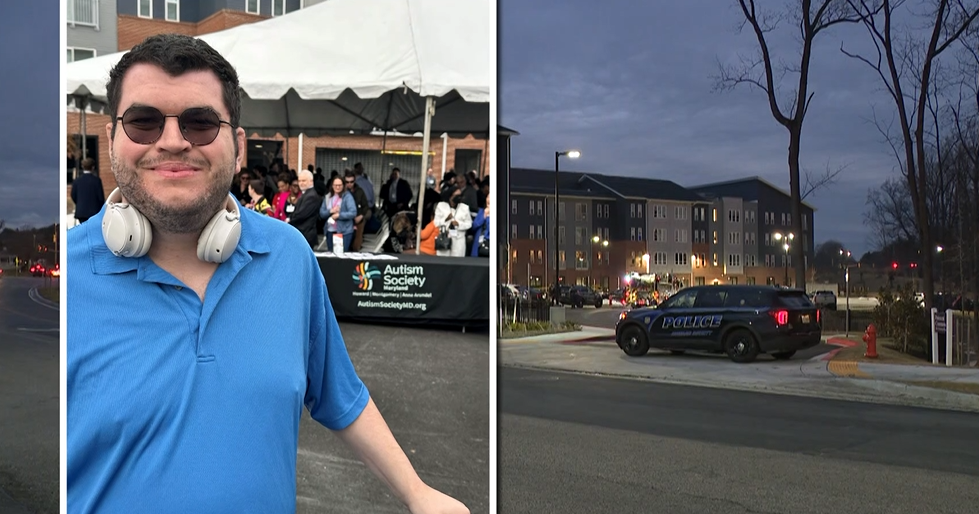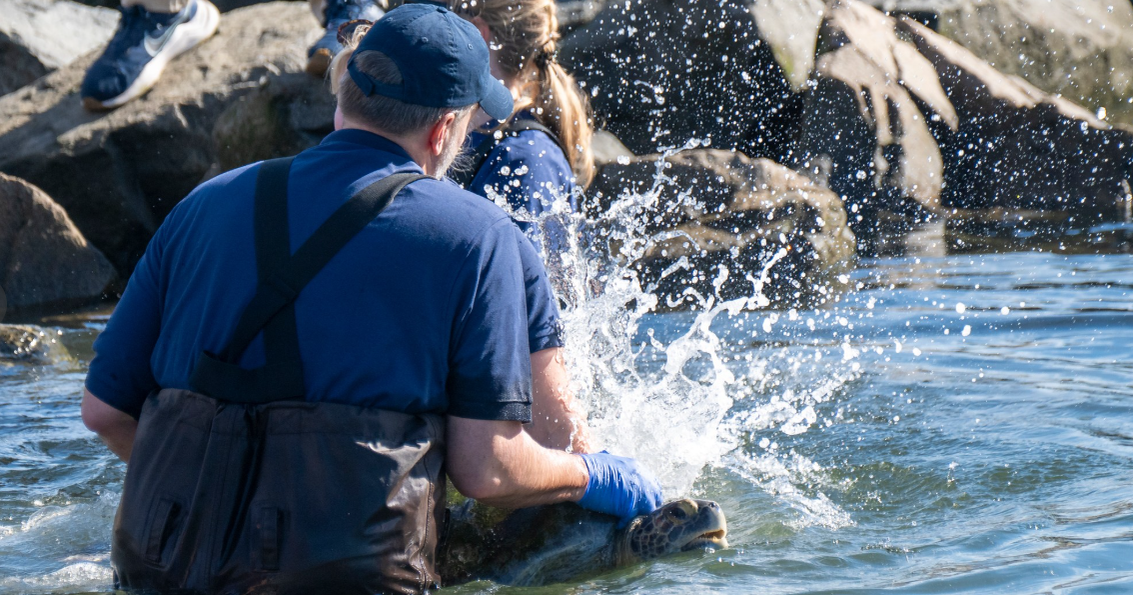UM project seeks to restore coral reefs, prevent beach erosion
MIAMI - A first-of-its-kind project by the University of Miami is underway to bring back coral reefs to South Florida's shoreline.
It sits about 750 feet away from the shoreline near Oceanside Park in Miami Beach. That's where two ECOREEF units have been positioned.
"If we want to protect these coastlines quickly, we can't just rely on coral restoration we can't just plant corals out off the coast of Miami Beach because it'll take decades," Andrew Baker, Professor of Marine Biology at UM's Rosenstiel School of Marine and Atmospheric Science.
This new project is turning to a hybrid approach, using man-made materials to build a frame, then growing coral as part of the overall structure.
"We use the weight and their shape to stabilize against the motion so they don't overturn, and they have to be big and massive to take the forces and wave action that comes from the water," Landolf Rhode-Barbarigos, Professor Civil, Architectural and Environmental Engineering at the University of Miami's College of Engineering.
As part of the project two sets of structures were designed, one is a hollow trapezoidal with limestone boulders on its surface, to mimic the texture of coral reefs. The second is a hollow hexagon, what UM calls the Seahive.
Biologists are studying which kind of species of coral will be the best fit to plant on the structure in the coming months.
"And we're particularly interested in engineering the right kind of corals to survive on these structures that will actually help the structure break waves even more effectively," Baker explained.
Studies have shown coral reefs can buffer up to 97% of energy from waves. During a storm, it could help reduce flooding and thus minimize the effects of property damage, and beach erosion, it's something that could make a huge difference for residents in Miami Beach.
"Doing nothing is not a choice we cannot let the sea creep up on a city and take it away. We have the science and the technology to protect our shoreline, so this is the path forward," Miami Beach Commissioner Ricky Arriola said.
Researchers believe it could take 2-3 years to gather enough data about their experiment and issue a report of their findings.







